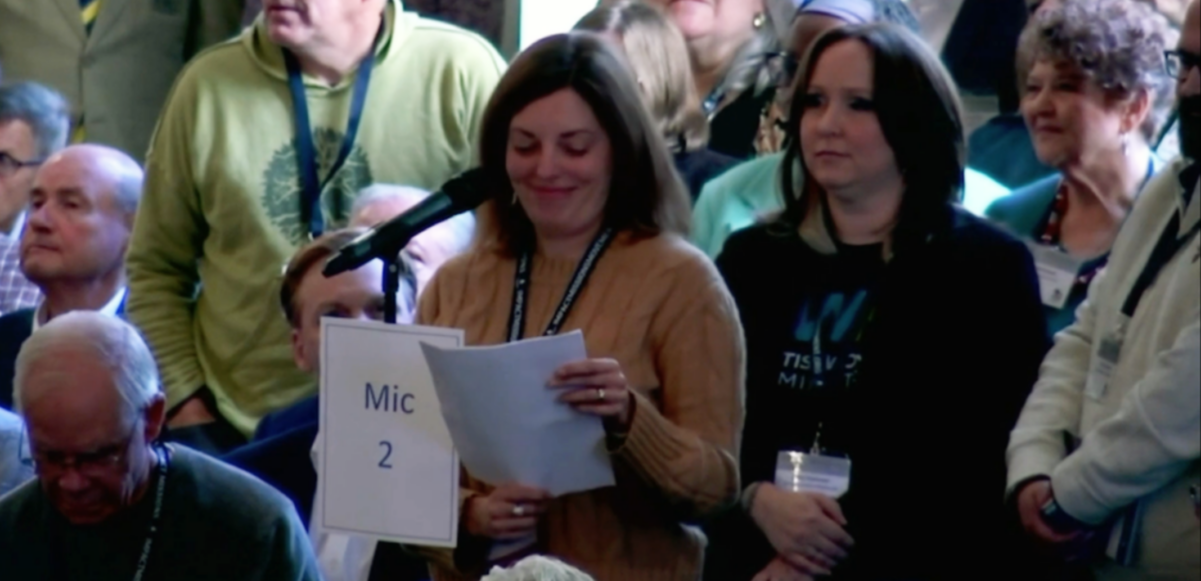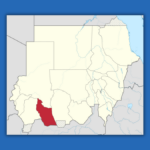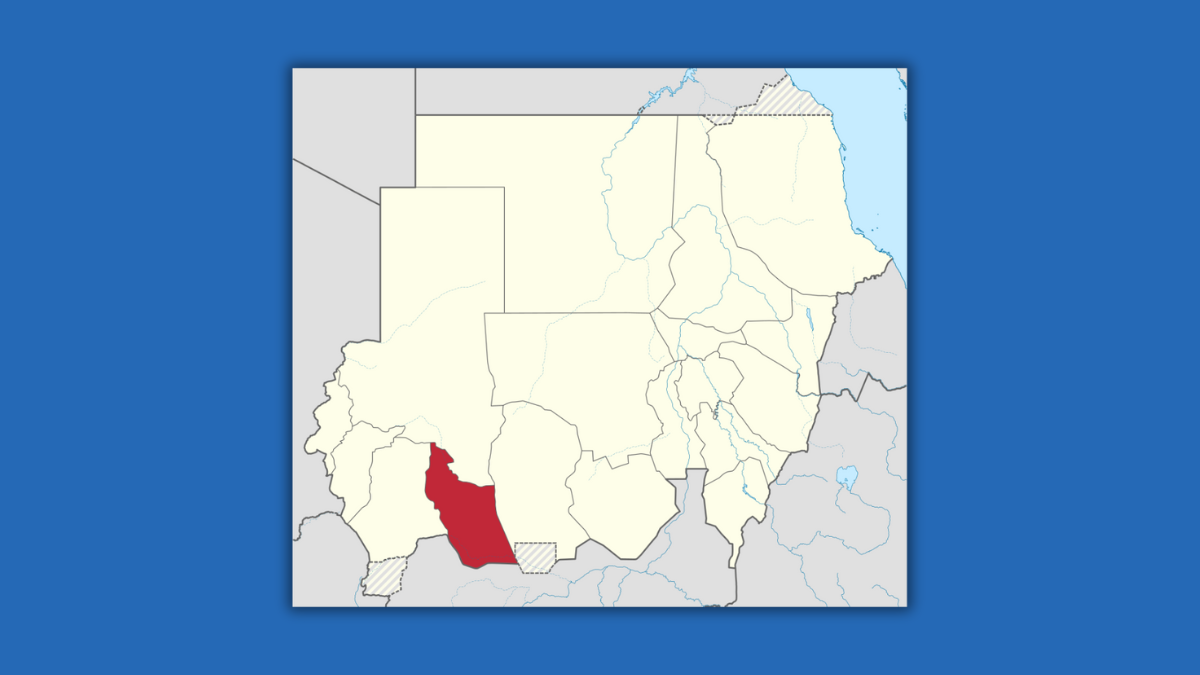The Baptist General Association of Virginia approved a motion to create a task force to explore ways to “support and advocate for women in pastoral, ministerial and leadership roles.”
In doing so, Virginia Baptists clearly differentiated themselves from the position taken by the Southern Baptist Convention in June, limiting the pastoral office only to men and disfellowshipping churches that have women pastors on staff.
During the BGAV annual meeting at Bon Air Baptist Church in Richmond, Virginia, messengers overwhelmingly approved a motion introduced by Kristin Whitesides, pastor of First Baptist Church in Winchester.
The motion stated: “I move that the Executive Board of the Baptist General Association of Virginia appoint a seven-member task force to explore programs, resources, policies, initiatives and relationships which further support and advocate for women in pastoral, ministerial and leadership roles among Virginia Baptists, and that the task force present a report of findings and recommendations to the messengers of the 2024 Baptist General Association of Virginia annual meeting.”
In speaking to her motion, Whitesides said: “As women in ministry, we have answered the Spirit’s calling on our lives to serve God’s purposes in the world. We teach, and we preach. We pray and we serve. We visit hospitals and bedsides, plan mission trips and lead Vacation Bible School.
“Our ministry does not denigrate or undercut the ministry of men. Instead, it enhances, deepens and expands our shared mission. We are an integral part of the church’s work, whether we are ordained or not.”
No messengers spoke in opposition to the motion.
North Carolina Baptists pass resolution
Several weeks earlier, messengers to the General Baptist State Convention of North Carolina approved a resolution on women in ministry urging North Carolina Baptists to “work together to commission, train, support and elevate women to lead in all aspects of church ministry and to go and make disciples while serving courageously, giving sacrificially and praying continually, in order to effectively impart the faith to the next generation.”
The resolution also included a commitment to “cultivating an environment within the General Baptist State Convention of North Carolina where women are fully respected, valued and mobilized as equal co-laborers for the fulfillment of Christ’s Great Commission and the glory of the Triune God.”
Meredith Stone, executive director of Baptist Women in Ministry, contrasted the actions taken by the Baptist General Association of Virginia and the General Baptist State Convention of North Carolina with the action taken by the Baptist General Convention of Texas.
Stone introduced a motion in July at Texas Baptists’ Family Gathering in McAllen that the BGCT “affirm women in all ministry and pastoral roles, and that the BGCT Executive Board be instructed to have staff create programs, resources and advocacy initiatives to assist churches in affirming, appointing and employing women in ministerial and pastoral roles.”
When the original motion was considered out of order, Stone introduced a revised motion calling on the BGCT Executive Board to develop resources “to assist churches interested in calling and employing women in ministerial and pastoral roles.”
After extensive debate, Dustin Slaton, pastor of First Baptist Church Round Rock, offered an alternative wording: “that we request the BGCT Executive Board to resource BGCT staff to continue developing more strategies, resources and advocacy initiatives to assist churches in affirming, appointing and employing women in ministry and leadership roles.”
After the amended motion passed, Stone said she felt “disappointed” the BGCT would not approve a statement that included language about “women in pastoral roles.”
Finding a way forward
In a Nov. 14 “advocacy update” email to supporters of Baptist Women in Ministry, Stone wrote: “Our desire is that Baptist denominational organizations which ‘allow’ the ministry and ordination of women would boldly affirm women in all ministerial and pastoral roles and take action on that affirmation. After the pain that has been caused by the SBC, congregations and women in ministry deserve to know that there are Baptist spaces where they are valued.”
She expressed appreciation to North Carolina and Virginia Baptists for their actions. She particularly commended BGAV leaders for being “open to conversation and finding a way forward.”
She noted her belief that advocacy efforts by Baptist Women in Ministry helped “facilitate the possibility of the BGAV becoming a denominational organization where its support of women in ministry is not silent, implicit or implied, but where its affirmation is unequivocally clear and implemented in practice.”
“These are the steps needed to move toward a Baptist world where women in ministry thrive, not just survive,” she concluded.
EDITOR’S NOTE — This story was written by Ken Camp and originally published by Baptist Standard.








